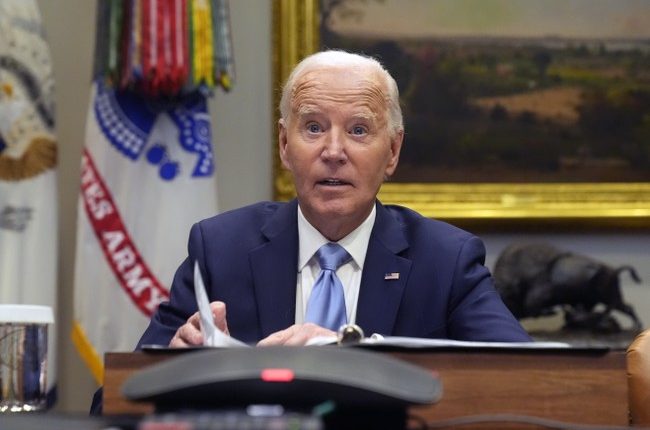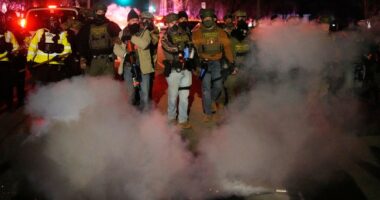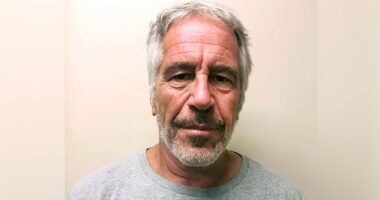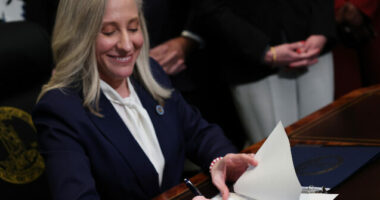Share this @internewscast.com
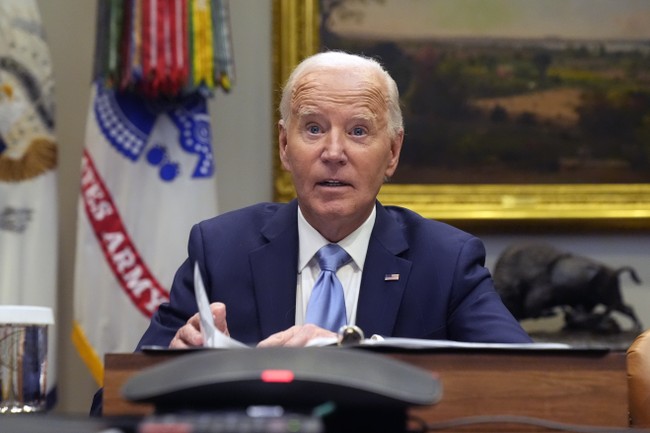
Every now and then, something emerges, often from Washington, that just doesn’t quite add up. Although we certainly don’t wish illness on anyone, the recent announcement of former President Biden’s cancer diagnosis has left us with more questions as we uncover additional details and historical context.
The recent update is this: According to CNN reporter Arlette Saenz, a spokesperson for Biden has stated that his most recent PSA (Prostate Specific Antigen) test took place in 2014.
Baloney.
Biden last known PSA was reportedly in 2014
— Defiant L’s (@DefiantLs) May 20, 2025
Arlette Saenz:
The spokesperson clarified that the former President Joe Biden’s last known PSA test, a screening that can help detect prostate cancer, was carried out in 2014. They emphasized that he had never been diagnosed with cancer prior to the diagnosis disclosed by his doctors last Friday. To provide some context, the PSA test measures the level of a protein called Prostate Specific Antigen in the blood, which may suggest the presence of prostate cancer. Various medical groups advise that the decision to undergo such a test is typically made jointly by a patient and their doctor. Moreover, independent experts reviewing screening research for the U.S. Preventive Services Task Force generally advise against this form of screening for men aged 70 and older. In 2014, Biden was at the age range of 71-72.
Now this new disclosure from Biden spokesperson comes as President Donald Trump and some of his allies have questioned why Biden’s cancer diagnosis was not revealed earlier. On Friday, Biden received that diagnosis of prostate cancer which has spread to his bones, his office disclosed that on Sunday, and now they are providing a bit more background into what some of his previous screening has been like, so that last PSA, the last known PSA, was in 2014 when he was Vice President.
Ms. Saenz does accurately present the upper age limit for prostate testing, that is, unless you listen to the American Cancer Society, which calls for testing if you are over 50 and at average risk – they don’t name an upper limit. The American Urological Association recommends no screening when over 70, while the U.S. Preventive Services Task Force calls for testing for men aged 55 to 69.
